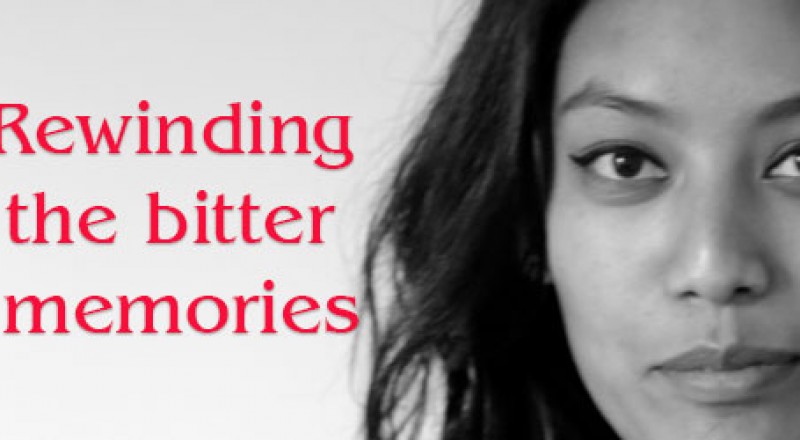By Ruchita Sainju
As a public heath student, I was always motivated to work in any area of prevention and promotion of health and when this survey came to my notice, I was not hesitant to apply for it. The application approval then led to 5 days of intensive orientation and training on Maternal, Neonatal and Infant Mortality. I was then paired with a friend, whom I had known for more than a year but never worked with before, for this project.
Nepal is a tough country to explore geographically, politically or in any other senses. Hence, I was pleased to be assigned to Nuwakot; the nearest district to Kathmandu. I was completely unmindful to the magnificent white water Trishuli River, a gateway to upper border to China, Kerung via Rasuwagadi, whereas it was second experience for my partner. It is no surprise that a work where you get to travel and experience various places and lifestyles is always interesting. It is in fact the best way to realize the diversity of our country in terms of language, ethnicity and food. The locals often spill the beans during the conversation in these travel days which are very insightful; like the little conversation on how the taste of water varied with altitude, or the discussion on the level of cleverness. Well, people in Nuwakot are supposedly the cleverest among dwellers in (previously known as) central development region, which I profoundly found they were.
Highlighting on the main focus of this travel, the work we were assigned was to collect information regarding mortalities through household survey. Even if household survey is not a new thing, I reckon interviewing families with mortality cases was going to be challenging. After all, this process involved rewinding of those bitter memories for the respondents, with whom they might or have been trying to close down the chapters. Hence, we made sure we handled each and every respondent with care to make sure we got the response without hurting their sentiment. This was a great learning experience.
One fine day after walking for about 15,000 steps, we reached to the health post and the health personnel notified about a neonatal death that happened recently. In order to make the finding rich, we could not have let go of this respondent and hence quickly headed to interview the mother despite the approaching dusk. We interviewed her when she arrived, but she could not stop her tears. It was a very emotional moment for us as well as the mother as she was recalling the death of her child. We, at a point, also felt guilty to have made a lady who was trying to forget the sorrow of her child’s death and was coming from Teej celebration dressed beautifully in red, to ask the questions related to her child’s death and to make her walk the lane of sorrow once again. However, keeping the emotional aspect aside, this was the moment of learning for us and that was to “get going” and do the job in the best possible way. And another thing that left me in awe is how many females have experienced motherhood in tender early 20’s and mid 20’s. I personally felt that they might have shattered their ambitions and goals that they had earlier in their lives, in some ways.
Apart from the learning during the survey, the place itself was very enriching for me. I was surprised to learn that Bidur is the oldest valley of Nepal (sources: residents of Tupche) and to get the bird’s eye view of the valley from different stations (health facilities) around Bidur Municipality was eye pleasing. Also the visit to crematory of the great unifier and ruler of Nepal, King Prithivi Narayan Shah, and Nuwakot Durbar is another memory during this project. I was inconsolable to see how badly Nuwakot Durbar was damaged by the earthquake and further shocked by how any reconstruction work has not been taken to preserve this gem of Nuwakot.
With each passing day, as we took our steps forward, so did the pace of our interesting talk. Most of the time, we sang, talked about life, friends, celebrities, how we will miss each other when we depart and on top of that, we were happy enjoying our ‘jhole and khole jagir’ (the glamor of this job is carrying all necessities and crossing rivers by foot or sometimes over by bridges). Thank God, it was not peak monsoon. My friend and I happened to buy similar sandals for ourselves. Most of the people would look on our feet and randomly say something nice, or same sandals!! To our surprise, just when we were resting and waiting for food to come, a man said, “hoina tapai haru lai ta chappal pani project le nai dinchha ki k ho?” (Were you even provided the sandals by the project you both are working on?). We looked at each other’s face and laughed incessantly.
It was expected that we had to walk, from one top of the hill to another top. And the benefit I see is we get to know about our body very well. We can figure out mundane things like, which part of the body is more susceptible or if we are allergic to something. Overall, travelling is seeking information from oneself to be updated about self.



Comments(0)
No comments found.